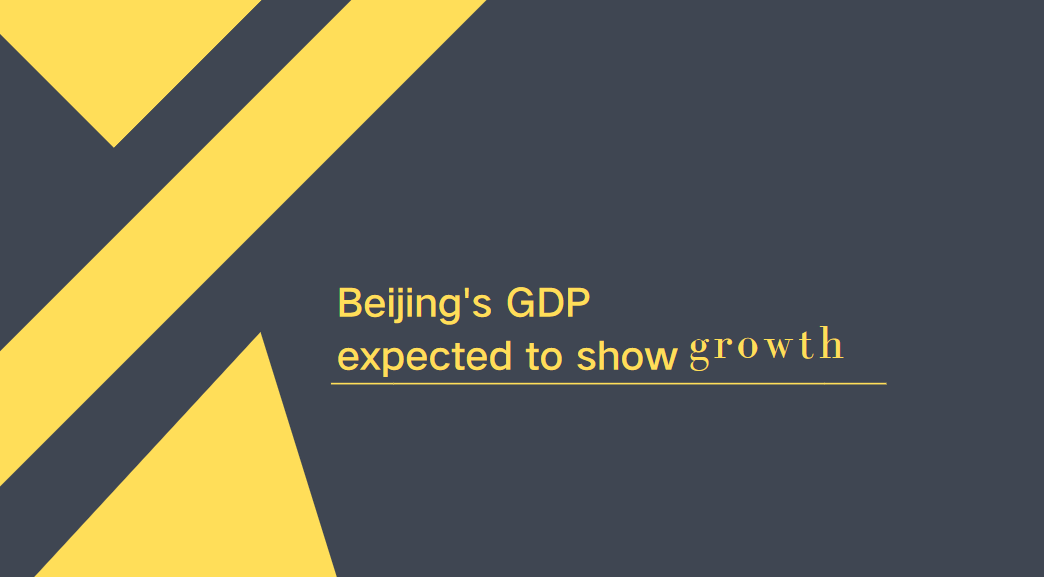World Bank hikes UAE's growth forecast for 2022, 2023
World Bank has revised upward the UAE's growth forecast for 2022 and 2023 by 1.2 per cent and 0.7 per cent, respectively, from its previous forecast.
According to the World Bank’s latest Global Economic Prospects report, the UAE GDP is estimated to expand by 5.9 per cent in 2022 and 4.1 per cent this year on the back of the expansion of the non-oil sector.
Data showed all the Gulf Cooperation Council (GCC) economies to see slower growth this year with UAE being the fastest-growing economy in the Gulf region in 2023.
| Country | 2022 | 2023 | 2024 |
| UAE | 5.9 | 4.1 | 2.3 |
| Bahrain | 3.8 | 3.2 | 3.2 |
| Kuwait | 8.5 | 2.5 | 2.5 |
| Oman | 4.5 | 3.9 | 2.4 |
| Qatar | 4.0 | 3.4 | 2.9 |
| Saudi Arabia | 8.3 | 3.7 | 2.3 |
This comes as the global economy is projected to slow down sharply due to high inflation, rising interest rates and reduce investments.
The World Bank’s latest Global Economic Prospects report projected that the global economy to grow by 1.7 per cent in 2023 and 2.7 per cent in 2024, down by 1.3 per cent and 0.3 per cent, respectively. However, it reduced UAE’s 2024 growth forecast by 1.3 per cent for 2024 to 2.3 per cent.
In December, the Central Bank of UAE (CBUAE) raised economic growth projections for 2022 to 7.6 per cent from its previous forecast of 6.5 per cent on the back of stronger than anticipated performance of the non-oil sectors including real estate, travel and tourism, hospitality, manufacturing and transportation.
The apex bank expects the non-oil economy to expand by 6.1 per cent in 2022 as compared to its previous forecast of 4.3 per cent. While the oil sector is seen to grow by 11 per cent in 2022.
For the GCC region, World Bank projected 6.9 per cent real GDP growth for 2022, 3.7 per cent for 2023 and 2.4 per cent for next year.
Growth in the Middle East and North Africa (Mena) is projected to decelerate from 5.7 per cent last year to 3.5 per cent in 2023 and 2.7 per cent in 2024 due to the unwinding of the recent pickup in oil exporter figures.
David Malpass, president, World Bank Group, said emerging and developing countries are facing a multi-year period of slow growth driven by heavy debt burdens and weak investment as global capital is absorbed by advanced economies faced with extremely high government debt levels and rising interest rates.
“Weakness in growth and business investment will compound the already-devastating reversals in education, health, poverty, and infrastructure and the increasing demands from climate change,” he said.
Growth in advanced economies is projected to slow from 2.5 per cent in 2022 to 0.5 per cent in 2023.






















































First, please LoginComment After ~